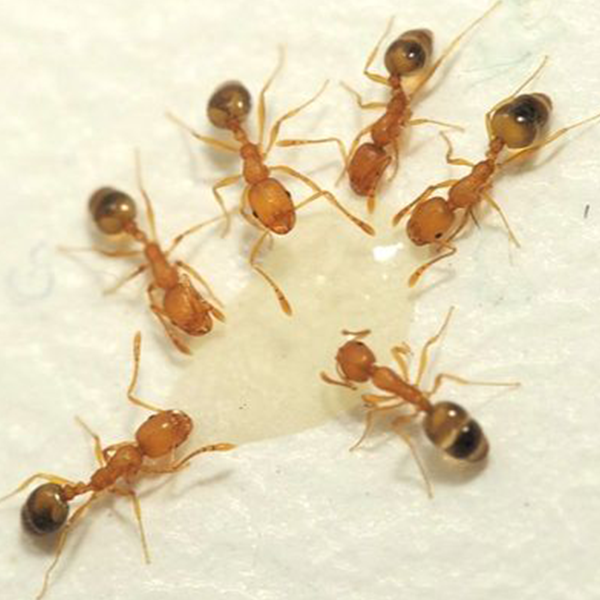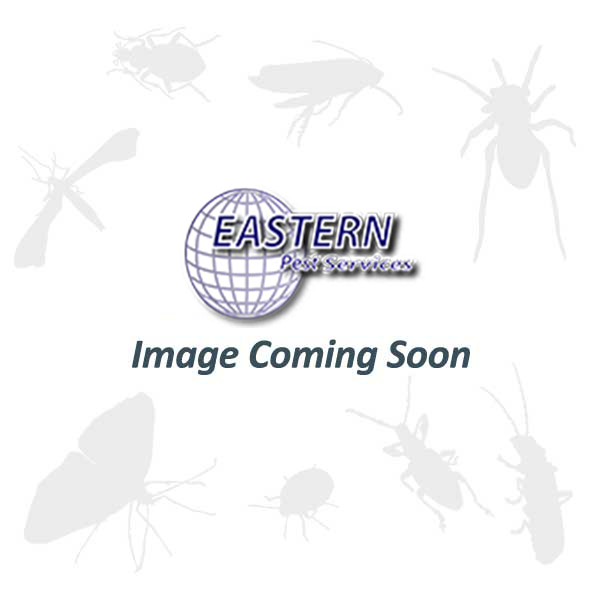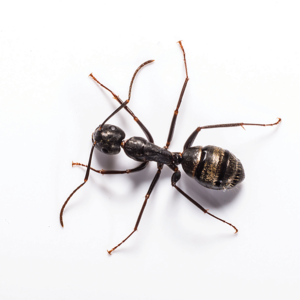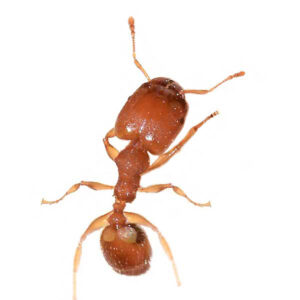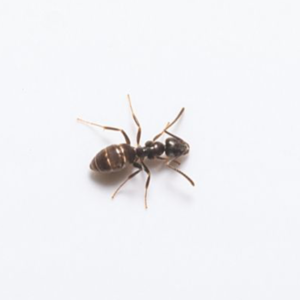Pharaoh Ants in North Jersey
Pharoah ants are some of the most persistent and difficult-to-control pests in the North Jersey area. With large colonies that can contain hundreds of thousands of workers and multiple queens, infestations can be very challenging to eliminate. If their nest is disturbed, the colony may split into several new ones, which makes it easy for them to spread throughout homes or buildings quickly. Since Pharoah ants are an invasive species, they largely outnumber native ants and can have a negative impact on the local environment.
Pharaoh Ant Habitat
While Pharoah ants usually stay outdoors in lawns and gardens, they can also infest human structures such as homes, hospitals, and food-processing facilities. These ants spend their time searching for foods that are sweet or protein-rich, often leading them into our kitchens. However, Pharoah ants care most about moisture. They frequently search for places with plumbing leaks or high humidity, which is why they’re usually found in kitchens, bathrooms, laundry rooms, or boilers. By using electrical wiring and plumbing equipment to get from room to room, they can quickly infest even a large building in a matter of months.
Pharaoh Ant Behaviors, Threats, or Dangers
Pharoah ants are not known to bite, but they can still pose a threat to human health. These pests may transmit dangerous pathogens to people and pets, such as salmonella and streptococcus. With such a small body, Pharoah ants are also able to access nearly any space, allowing them to contaminate food products and prep stations in kitchens or cafeterias. Should they invade healthcare facilities, Pharoah ants can also contaminate operating rooms and surgical equipment, which may have serious health effects on patients.
Unfortunately, most conventional pest control treatments don’t work on Pharoah ants because the colony is so malleable. Disrupting a colony and leaving any ants alive could just cause a new colony to form, making it very difficult to get rid of these pests. That’s where the experts at Eastern Pest Services can help! We have the tools and expertise needed to eliminate Pharoah ants once and for all. Just call our professional ant pest control technicians to get started.

